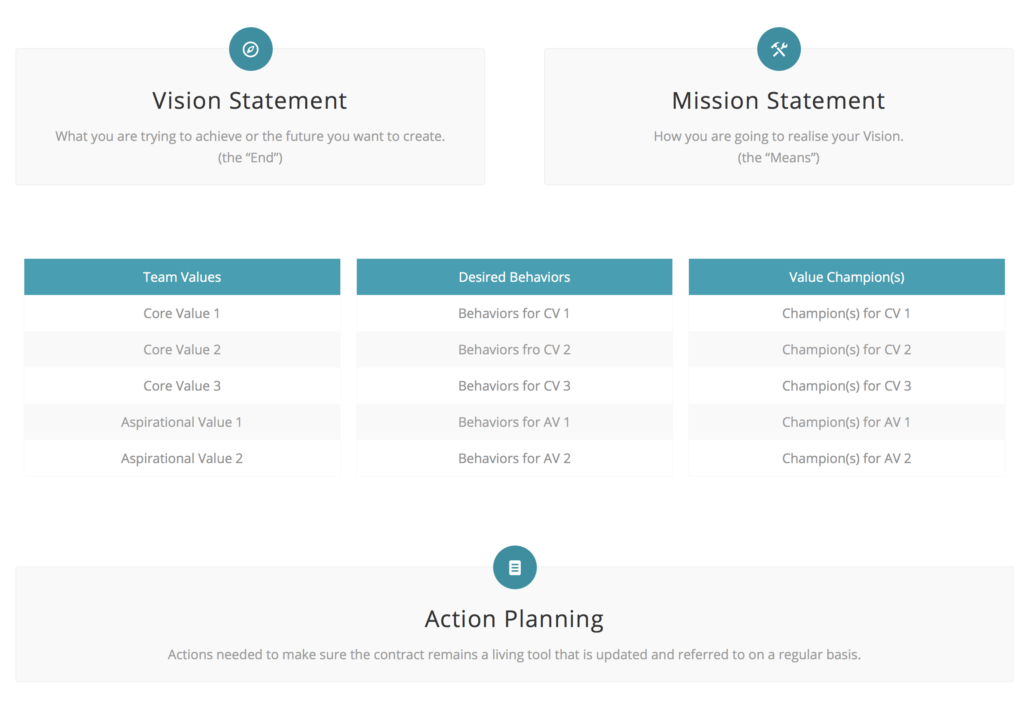The last two years, the world has gone a bit crazy and it’s easy to feel like a victim of these outer circumstances. As we start the new year, it’s therefore important to take the ball back into your own hands and aim for a meaningful goal.
Be an active player, not a victim
Each of us is responsible for pursuing our dreams and desires and for expressing our gifts and talents so that we can create fulfilling and inspired lives for ourselves.
To be able do so, you have to see yourself as an active player in your life. Active players always run towards what they do want instead of just running away from what they do not want (victim attitude).
Know that everything you need in order to best move forward is already inside you. Setting a clear goal will help you tap into these inner resources. Not only will it give you direction and keep you focused, it will also help you attract the support you need from others in order to achieve this goal.
Set the stage with gratitude
Below I describe a simple exercise you can use to set a meaningful goal for 2022. Before thinking about your goal, I recommend you get into a positive mindset by reminding yourself of all the things you are most grateful for, right now, in your life.
Powerful goal-setting exercise
Listen to your heart and note down your answers to the following questions in as few words as possible. I’ve also included an example at the end of this post.
1. Ask yourself “What do I really want for 2022?”
2. Look at your answer to question 1 and ask yourself “Why is this important to me?”
3. Look at your answer to question 2 and ask yourself “Why is this important to me?”
4. Look at your answer to question 3 and ask yourself “Why is this important to me?”
5. Look at your answer to question 4 and ask yourself “Why is this important to me?”
6. Look at your answer to question 5 and ask yourself “Why is this important to me?”
7. Look at your answer to question 6 and ask yourself “Why is this important to me?”
8. Look at your answer to question 7 and ask yourself “Why is this important to me?”
When you keep drilling down to discover the deeper WHY of your goal, you might start feeling emotional at some point, and that’s good.
Ideally, your WHY should make you CRY!
Remember that emotions are energy in motion so activating this emotional energy will help propel you forward towards the achievement of your goal.
Invitation to experiment
I invite you to experiment with this powerful goal-setting exercise in your own life. You can also do this together with a friend, letting one person be the interviewer asking the questions and noting down the answers. Then swap roles.
Make sure you write down your goal for 2022 and put it somewhere where you can see it every day (e.g. put a post-it on the mirror in the bathroom). If you like working with vision boards, you can also express your goal through pictures.
And most importantly, commit to making small steps, every day, that will bring you towards the realisation of your goal!
| Example |
| 1. What do I really want for 2022? Answer: Continue to thrive and survive as an entrepreneur. 2. Why is this important to me? Answer: Because it will allow me to continue to do my own thing, follow my heart and fully express who I am, on a daily basis. 3. Why is this important to me? Answer: Because, as a coach, I want to walk my talk, model to others that it’s possible, and inspire them to do the same. 4. Why is this important to me? Answer: Because I think it will make the world a much better place if everyone had the courage to pursue their dreams and desires, and fully express their gifts and talents. 5. Why is this important to me? Answer: Because I think it’s what most people need right now. 6. Why is this important to me? Answer: Because I think it’s an integral part of the process of awakening that is currently going on in the world, and it will amplify and speed up that awakening. 7. Why is this important to me? Answer: Because it’s time for everyone to play their part in the manifestation of a better world. 8. Why is this important to me? Answer: Because I think that’s what we all came here to do. |

